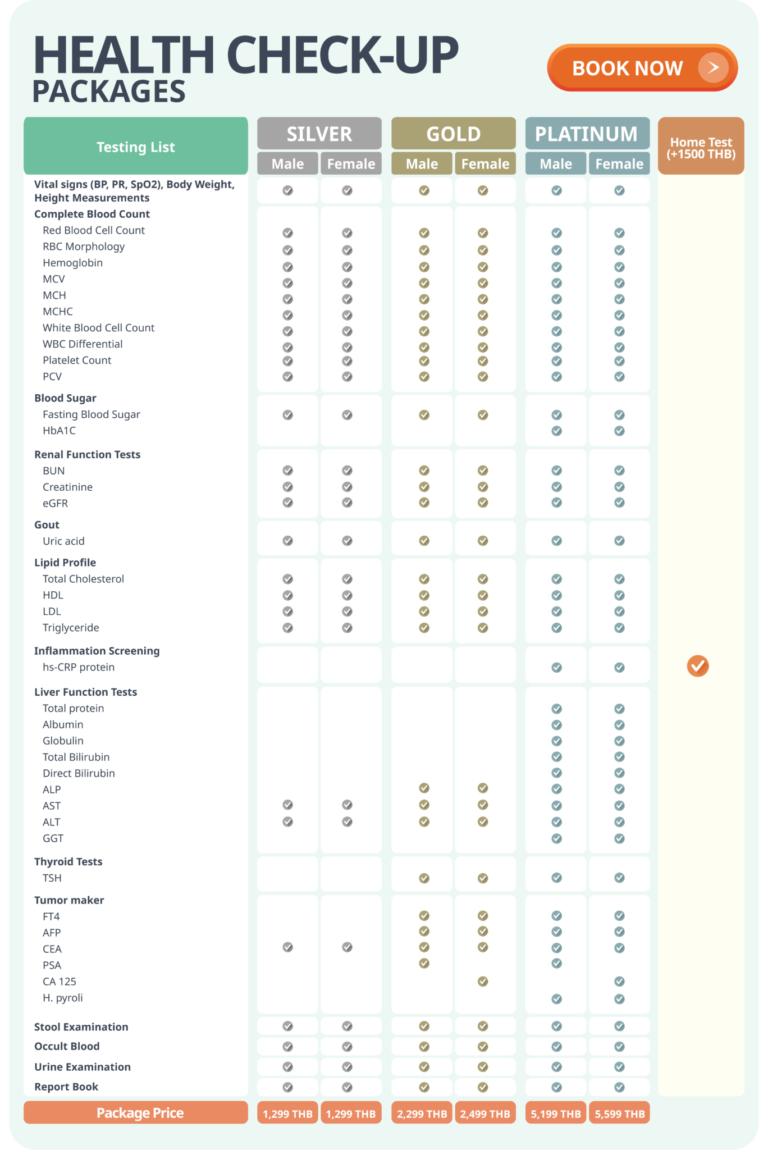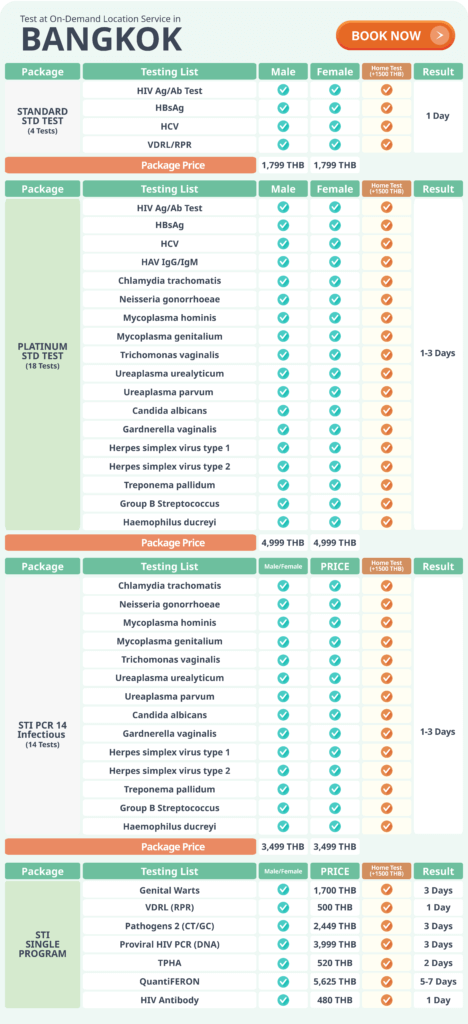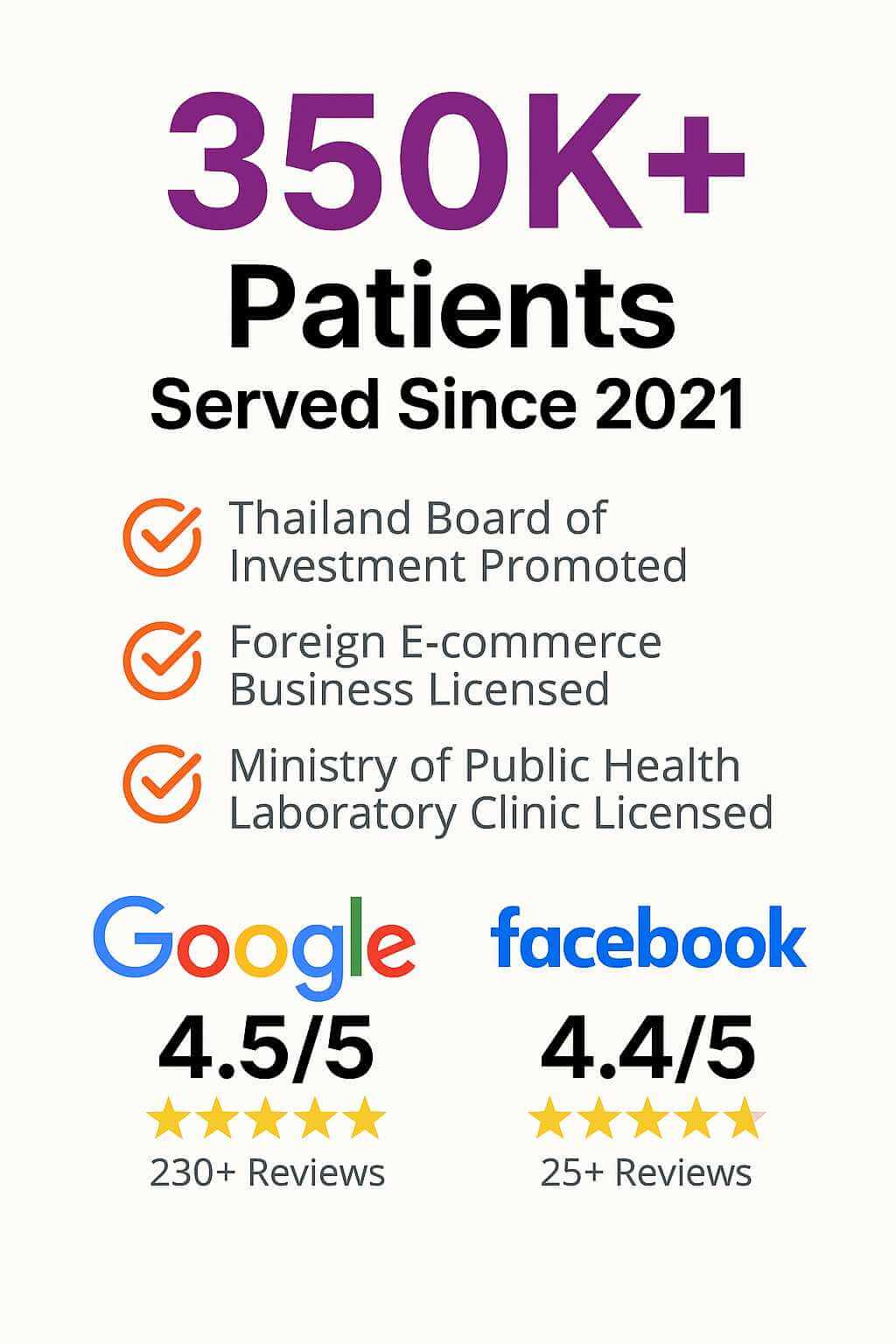
Mental health check-ups are just as important as physical ones, here is why
When we think about health check-ups, most of us picture blood tests, blood pressure readings, and physical examinations. These are important —
Experience MedEx Seamless Care Delivery — 10% OFF on Your First Appointment - Use 'TRYMEDEX' Coupon Code on Checkout


In today’s fast-paced world, prioritizing your health is paramount. This holds true for everyone, regardless of age or lifestyle. Regular health checkups are the cornerstone of a healthy life. They not only allow you to monitor your body’s changes but also help identify potential risks and provide guidance on maintaining a healthy lifestyle. Let’s dive […]

MedEx is a one-stop destination when it comes to medical tourism and digital specialized health care services. MedEx serves as a connector between patients and trusted world-class health service providers.

In today’s fast-paced world, prioritizing your health is paramount. This holds true for everyone, regardless of age or lifestyle. Regular health checkups are the cornerstone of a healthy life. They not only allow you to monitor your body’s changes but also help identify potential risks and provide guidance on maintaining a healthy lifestyle. Let’s dive into the top 10 essential checkups that can empower you to take control of your health and lead a more confident life.
Table of Contents
ToggleBlood and urine tests are invaluable tools for assessing your overall essential health. Blood tests offer insights into various aspects, including blood cell counts, liver and kidney function, electrolyte balance, and more. This painless procedure involves drawing a small amount of blood from a vein, usually in your arm.
On the other hand, urine tests analyze your urine for kidney function, hydration levels, and potential health concerns. Collecting a midstream sample in a sterile container is a simple process. These tests are instrumental in diagnosing conditions, monitoring treatment effectiveness, and detecting issues in their early stages.
Regularly monitoring your blood pressure is vital for detecting hypertension (high blood pressure). This non-invasive test measures the force of blood against your artery walls. Blood pressure is expressed as two numbers: systolic (the top number) and diastolic (the bottom number). The test is painless and involves wrapping an inflatable cuff around your arm and using a sphygmomanometer to measure the pressure.
Hypertension often lurks without symptoms, making monitoring crucial for preventing heart disease, stroke, and other complications. Individuals with risk factors or a high blood pressure history should have regular checkups, as recommended by their healthcare provider.
Assessing cholesterol levels is pivotal for maintaining heart health. A blood test measures various cholesterol types, including LDL (bad) and HDL (good) cholesterol. This procedure involves a blood draw, similar to other blood tests.
Monitoring cholesterol levels is crucial to reduce the risk of heart disease and related conditions. Regular checks are recommended for those with a family history of heart disease, high blood pressure, or other risk factors.
A blood test is essential for the early detection and management of diabetes. It involves a blood draw, typically from a vein in your arm.
Regular blood sugar monitoring helps individuals understand their diabetes risk and manage the condition effectively. It is advisable for those with diabetes, individuals at risk due to obesity or family history, and during routine medical checkups.
Regular dental checkups are vital for maintaining excellent oral health. These visits typically encompass dental examinations, cleanings, and occasionally X-rays. Dentists assess your teeth, gums, and mouth for signs of decay, gum disease, and other issues. X-rays uncover hidden problems such as cavities between teeth or bone loss.
This preventive measure not only averts dental problems but also preserves oral hygiene and detects potential issues before they escalate. Generally, a dental checkup every six months is recommended, but frequency may vary based on individual needs
Eye exams are essential for detecting vision problems and eye diseases. During an eye exam, an optometrist or ophthalmologist evaluates your visual acuity, examines your eye health, and may check for conditions like glaucoma or macular degeneration.
This process includes reading eye charts, using special instruments to inspect your eyes, and potentially dilating your pupils for a comprehensive retina view. Regular eye exams catch issues early, ensure proper vision correction, and maintain overall eye health. Adults should have a comprehensive eye exam at least every two years or as recommended by their eye care professional.
A thyroid function test assesses thyroid hormone levels to ensure proper metabolism and overall health. This blood test measures thyroid hormones (T3 and T4) and thyroid-stimulating hormone (TSH). It is usually done by drawing blood from a vein in your arm.
Thyroid function tests are crucial for detecting conditions like hypothyroidism or hyperthyroidism. Individuals with symptoms such as fatigue, weight changes, or heart rate fluctuations, as well as those with a family history of thyroid disorders, should undergo thyroid function testing. The frequency depends on the specific situation and medical advice.
The body mass index (BMI) is a simple calculation based on your weight and height. It assesses weight-related health risks and determines whether you are underweight, average weight, overweight, or obese.
BMI is calculated by dividing your weight in kilograms by your height in meters squared. While it doesn’t directly measure body fat, it serves as a useful screening tool. Regular BMI checks can help you monitor weight changes and potential health risks associated with fluctuations.
Cancer screenings, such as mammograms for breast cancer, Pap smears for cervical cancer, and colonoscopies for colorectal cancer, are paramount for early detection and prevention. These tests encompass various procedures, like mammograms using X-rays to detect breast abnormalities, Pap smears collecting cells from the cervix for analysis, and colonoscopies examining the colon and rectum for polyps or cancer signs. The specific test and frequency depend on age, gender, and risk factors. Regular screenings are critical for identifying cancer in its early, more treatable stages.
STI (sexually transmitted infection) screenings are essential for sexually active individuals to ensure sexual health. These tests analyze blood, urine, or other samples to detect infections like HIV, syphilis, chlamydia, gonorrhea, and more. The testing process varies depending on the infection being screened. Regular STI screenings are vital for catching and treating infections early, preventing complications, and reducing transmission risk. The frequency of testing depends on individual risk factors, sexual behaviors, and healthcare provider recommendations.
As such, MedEx has strategically partnered with some of the biggest networks of lab providers in Thailand to establish a network of modern testing clinics and centers throughout Thailand, ensuring that even nook and corner far from the capital have access to reliable testing facilities for any kind of health checkup and STD screening. Presently, MedEx has a presence in more than 50+ locations in 15+ provinces across Thailand from Chiang Mai in the north to Bangkok, Nonthaburi Samutprakan in the Center, Pattaya, Chonburi, Rayong, Chanthaburi in the East to Surat Thani, Phuket, Hua Hin, and Koh Samui in the South. This proactive approach aims to minimize the barriers that often deter individuals from seeking health screening, such as distance and lack of resources. Anyone looking for a health checkup, STD screening, or any kind of lab test in Thailand can book the test with MedEx below.
In conclusion, prioritizing your health through regular checkups is a proactive step towards a healthier, happier life. By staying informed and taking preventive measures, you can optimize your well-being and enjoy the peace of mind that comes.



When we think about health check-ups, most of us picture blood tests, blood pressure readings, and physical examinations. These are important —

When your doctor orders “routine blood work,” you may later receive a sheet filled with numbers, abbreviations, and reference ranges. For many

What exams to expect at every life stage – from your 20s to your 70s and beyond At MedEx, we believe in
Find quality services, specialists, procedures and more from the comfort of your home. All you need to do is enter a keyword or phrase describing what you are looking for.
DOWNLOAD MEDEX ONE APP
MedEx decentralizes the care continuum as a one-stop care navigation concierge, transforming the care delivery model through its Pan-Asia provider aggregation platform, primary satellite clinics, telemedicine services, and at-home health care solutions.







MedEx connects you with world-class health care providers across borders, makes medical travel simple, low-cost and transparent and offers premium primary care.


© 2020-25 MedEx Ventures Co., Ltd.
